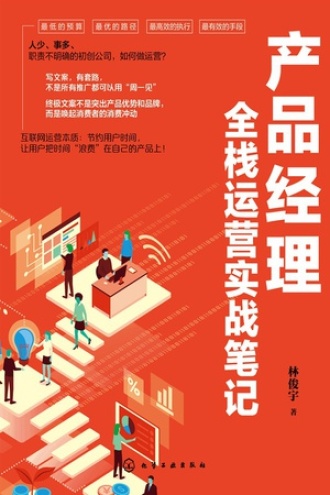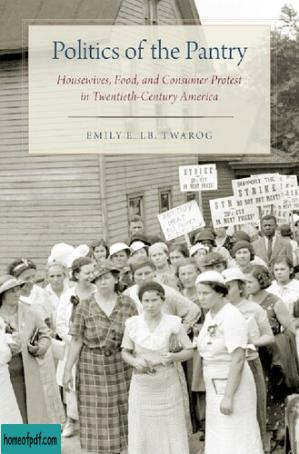Politics of the Pantry: Housewives, Food, and Consumer Protest in Twentieth-Century America 电子书下载
The history of women`s political involvement has focused heavily on electoral politics, but throughout the twentieth century women engaged in grassroots activism when they found it increasingly challenging to feed their families and balance their household ledgers. Politics of the Pantry examines how working- and middle-class American housewives used their identity as housewives to protest the high cost of food. In doing so, housewives` relationships with the state evolved over the course of the century. Shifting the focus away from the workplace as a site of protest, Emily E. LB. Twarog looks to the homefront as a starting point for protest in the public sphere.
With a focus on food consumption rather than production, Twarog looks closely at the ways food--specifically meat--was used by women as a political tool. Engaging in domestic politics, housewives both challenged and embraced the social and economic order as they sought to craft a unique political voice and build a consumer movement focused on the home.
The book examines key moments when women used consumer actions to embrace their socially ascribed roles as housewives to demand economic stability for their families and communities. These include the Depression-era meat boycott of 1935, the consumer coalitions of the New Deal, and the wave of consumer protests between 1966 and 1973. Twarog introduces numerous labor and consumer activists and their organizations in both urban and suburban areas--Detroit, greater Chicago, Long Island, and Los Angeles.
尊敬的读者:
欢迎您访问我们的网站。本站的初衷是为大家提供一个共享学习资料、交换知识的平台。每位用户都可以将文件上传至网盘并分享。
然而,随着用户上传的资料增多,我们发现部分不宜或版权问题的书籍被分享到了本站。
为此,我们已经关闭了分享入口,并进行了多次书籍审查,但仍有部分内容未能彻底审查到位。
在此,我们恳请广大读者与我们共同监督,如发现任何不宜内容,请 点击此处 进行举报,我们会第一时间处理并下架相关内容。
希望我们能共建一个文明社区!感谢您的理解与支持!
猜你喜欢
- 《唐诗三百首》陈引驰文字版 电子书下载
- 《如何有效管理自己》杜耿升级版 电子书下载
- 《回答的艺术》马西 电子书下载
- 《唐朝与东亚》冯立君修订版 电子书下载
- Instant Sublime Text Starter - Eric Haughee 电子书下载
- 《三国史话》吕思勉珍藏版 电子书下载
- 《重新定义Spring Cloud实战》许进 扫描版 电子书下载
- 《怀孕40周看这本就够了》邵玉芬为孕妈妈40周孕期保驾护航文字版 电子书下载
- 《造境记》曾仁臻(鱼山饭宽)经典版 电子书下载
- 《禅的行囊》比尔·波特 电子书下载
- 《邻家的百万富翁:美国富翁的惊人秘密》托马斯·J. 斯坦利 / 威廉·D. 丹科 电子书下载
- Sencha Touch 2 Up and Running - Adrian Kosmaczewski 电子书下载












